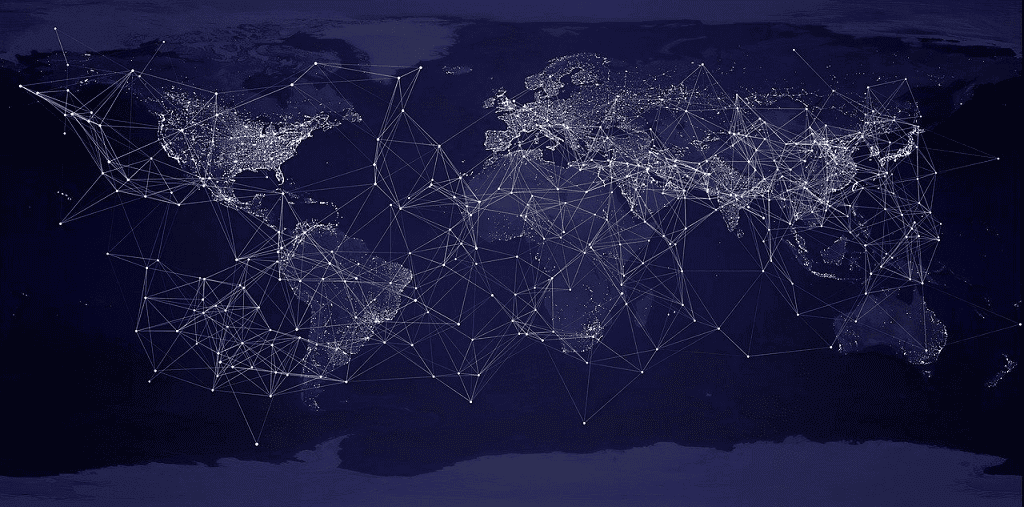Few technologies have been as widely talked-about in recent years as 5G. Many individuals and organizations have made broad, often vague claims about how these networks will revolutionize everything. If it lives up to this praise, how will 5G change our lives, in specific?
It’s unclear when 5G will become the dominant force in wireless networks, but it could be soon. MTN began 5G demo in Nigeria in November of last year, so these networks could become available within the next year. With 5G so close, here’s a closer look at how it could change life in Nigeria.
Changes to Daily Life
From streaming to social media, much of daily life today revolves around the internet. With 5G networks bringing substantial improvements to speed and latency, many of these everyday activities will improve too. Take online communication, for example.
Today’s networks let you video chat with people hundreds of miles away, but usually with some issues. Lag, poor video quality and dropped connections are still common occurrences. A 5G network can cut latency to as low as a single millisecond, making these problems issues of the past.
Higher speeds will allow these networks to enable almost instant downloads. You could stream in 4K on your phone using your cellular data. All of the internet-based activities you enjoy today will be easier and more enjoyable with 5G.
Business Improvements
Tweaks to things like streaming aren’t the only way 5G will change our lives. Just as people’s personal lives have become more data-driven, so has the business world. As companies rely more and more on the internet, the improvements that 5G offers over 4G become more enticing.
Many businesses rely on cloud services to host their data, so they need fast, reliable connections. Right now, 80% of companies require 99.99% uptime from data centers, which means low latency is essential. With the latency improvements of 5G, businesses of all sizes could comfortably move onto the cloud.
One of the leading concerns with online business is cybercrime. With the reliability of 5G, there’s a far smaller chance that connections would drop, exposing company networks to hackers. As a result, more businesses could take advantage of the convenience of online operations without worrying about security.
Smart Cities
These changes just scratch the surface of how 5G could change life in Nigeria. One of the most promising aspects of 5G is on a much larger scale: the development of smart cities. The idea of connected cities predates 5G, but without better networks, they won’t be possible.
Smart cities are urban areas where much, if not most or even all of the infrastructure is IoT-enabled. Imagine public transport and road lights changing in real-time to traffic patterns, or streetlights that adjust to foot traffic and sunlight. All of these advancements need a network that can support them.
It’s not just the high speeds and low latency of 5G that make smart cities possible. A 5G network has more capacity, being able to support up to 1 million devices in a square kilometer. Without that kind of capacity, smart cities couldn’t live up to their full potential.
Self-Driving Vehicles
The advent of 5G connections will advance driverless car technology too. Self-driving cars rely on AI systems that can understand what’s happening around them. With 5G, they would have the speed and latency necessary to communicate with other sources to make informed decisions.
If connected cars could “talk” to each other and the infrastructure around them, they’d be far safer. For this kind of communication, they need almost instantaneous speeds and no lag. That’s precisely what a 5G network can provide.
Self-driving cars could exist without 5G, but it wouldn’t be as likely. With the advantages of 5G, these technologies could hit Nigerian roads far sooner.
Telemedicine
Another promising way that 5G could change our lives is telemedicine. With technologies like videoconferencing and health wearables, doctors can make virtual house calls, eliminating the need to visit a hospital. This trend is still relatively new, and 5G can help it take off.
If a doctor hopes to make an accurate diagnosis over video chat, they’ll need a high-quality picture. Current networks may not always allow for that, but 5G would. A 5G connection would enable no-lag, HD videoconferencing, so virtual house visits would be more practical.
Going a step beyond, 5G could enable robotic surgery. Without lag, top surgeons could control robots to perform delicate operations from far away. That way, the world’s leading experts could lend a helping hand without having to travel.
A Data-Driven World Needs 5G Networks
Nigeria, and the world at large, are becoming increasingly reliant on data and the internet. If a true digital revolution is going to take place, it’s going to need infrastructure that can support it. 5G networks will lead this shift towards a digital life.
Many of these changes won’t come immediately because they need widespread 5G connections. Until then, they are a glimpse into the future, a future that 5G is shaping.
Author Bio
Related Topics









